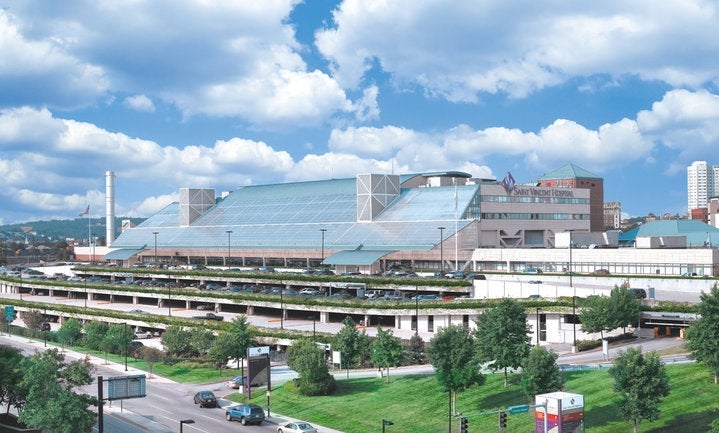While 95.7 percent of working-age Massachusetts adults have health insurance, almost half are having trouble taking advantage of that benefit, with scores experiencing difficulty getting health care appointments in a timely manner or even finding a provider who will accept them as a new patient and accept their insurance.
The modern realities, confirmed in a Blue Cross Blue Shield of Massachusetts Foundation annual survey that highlighted other problems in the care system, “are a reminder that the goals of health care reform are not fully achieved by simply reducing the number of people who are uninsured,” according to the non-profit group.
The new survey report, issued almost every year since passage of the 2006 health insurance access law, also determined that 27 percent of people lack insurance coverage for an important area: dental care.
And affordable care, a goal of a highly touted 2012 state cost containment law and the 2010 federal Affordable Care Act, also remains elusive to many people in Massachusetts.
The survey found care costs caused financial problems for just over half of those with family incomes at or below 399 percent of the federal poverty level. Among those in fair or poor health, costs caused financial problems among more than 65 percent of people.
“The evidence from 2015 suggests little progress has been made improving the affordability of health care for individuals since the 2012 passage of Chapter 224, the state’s cost containment legislation,” according to the survey report, which called for new strategies to improve health care access and cost control. “More than 40 percent of Massachusetts adults and their families continue to report difficulties due to high health care costs.”
More than a third of full-year insured adults in Massachusetts reported going without needed health care in 2015, with rates even higher for low-income adults. Most often, according to the report, insured adults said they went without medical care (23.3 percent), prescription drugs (13.7 percent), and dental care (17.6 percent).
The telephone survey involved 2,014 adults between the ages 19 and 64. It was conducted in English and Spanish from Sept. 8 to Nov. 8, 2015, and included a $5 incentive for participants who completed the survey.
According to the report, the insurance coverage rate for working-age adults was 86 percent in Massachusetts in the fall of 2006, the year Gov. Mitt Romney signed a law aimed at ensuring health insurance for all. The coverage rate rose to 95.5 percent in 2008, hit 93.9 percent in 2010, rose to 94.7 percent in 2012, to 95.2 percent in 2013 and hit 95.7 percent in the latest survey. Only 1.6 percent of adults reported they never had insurance coverage over the full year in 2015.
The report’s authors said the survey illustrates that gains in health insurance coverage have been sustained, but there remain “persistent gaps in health care access and affordability for many of those with insurance coverage,” with low-income adults and those with health problems disproportionately impacted by these gaps.
The survey also showed a decline in employer-sponsored insurance (ESI) coverage, from 63.5 percent in the fall of 2013 to 57.3 percent in the fall of 2015. The report says the drop “likely reflects, at least in part, the significant changes in public and private health insurance coverage taking place under the ACA, as well as the challenges that respondents face in identifying their coverage type in household surveys.”
The report said there was a decline in ESI access among part-time workers, from 69.2 percent in 2006 to 55.1 percent in 2015 — the share of part-time workers with ESI coverage dropped from 60.1 percent in 2006 to 41.3 percent in 2015.
Insurance access advocates have long argued costs can be curbed if insured patients avoid emergency rooms for non-emergency care. In 2015, nearly one third of insured adults in Massachusetts reported an emergency department visit over the prior year, with half of those adults reporting their most recent emergency department visit was for non-emergency care, the survey found.

